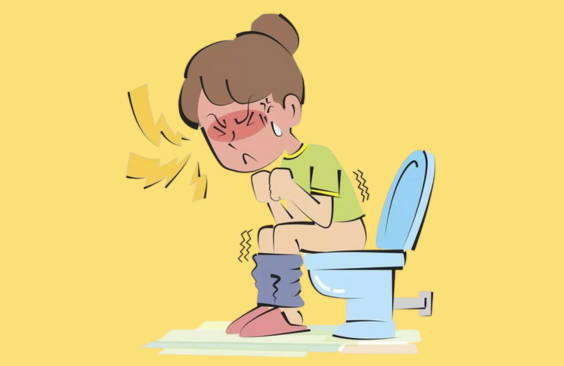After skin cancer, colon cancer is the third most common cancer diagnosed in the United States. If you’re experiencing any of the symptoms mentioned in this article, it’s best to talk to your doctor. It may be nothing, but it’s worth getting the peace of mind you need to get checked out.
The National Cancer Network recommends regular screening starting at age 50. UnityPoint Health – St. Learn more about colon cancer screening at Luke’s Hospital.
First, it’s important to understand the risk factors. Many lifestyle factors are associated with colon cancer. According to the American Cancer Society, the link between diet, weight, and exercise and colon cancer risk is the strongest of any type of cancer.
Risk factors
Family history
There is evidence that colon cancer is hereditary. According to the American Cancer Society, 1 in 3 people with colon cancer have a family history. If you have a family history of adenomatous polyps or colon cancer, talk to your doctor about the need for screening before age 50.
Nassif Community Cancer Center’s Genetics and Risk Assessment Clinic provides individualized counseling, risk assessment, genetic testing, and surveillance for anyone identified as being at high risk for cancer. Click here for details.
Age
Colon cancer risk increases with age. Young people can get it, but it’s more common after age 50.
Overweight or obesity
Obesity increases the risk of colon cancer in both men and women, but the association is stronger in men.
Physical inactivity
People who do not exercise are more likely to develop colon cancer than those who do. People who do not exercise are more likely to develop colon cancer than those who do.
Diet
A diet high in red and/or processed meat increases the risk of colon cancer. It is not known whether other components of the diet, such as fat, affect the risk of colon cancer.
Smoking
Although smoking is a well-known cause of lung cancer, it is also associated with many other cancers, including colon cancer. If you are a smoker and want to learn more about quitting, learn about UnityPoint Health – St. Luke’s Smoking Cessation Services.
Drinking a lot of alcohol
Colorectal cancer is associated with moderate to heavy alcohol consumption. Limiting drinks to no more than two a day for men and one for women has many health benefits, including a reduced risk of many types of cancer.
Hear from our experts
New tips for colon cancer prevention
PODCAST EPISODE: 248
Dr. Douglas Purdy, a gastroenterologist at St. Luke’s Gastroenterology, joins Dr. Arnold to discuss the signs and symptoms of colon cancer, the importance of screening, how to reduce your risk, and much more.
These colon cancer symptoms should not be ignored
Blood in the stool
If you have blood in your stool, it could be a sign of colon cancer. Your doctor will send a stool sample for a lab test called a fecal occult blood test.
Changes in stool
If the stool is very dark, even black and sticky, it may be caused by bleeding from colon cancer.
Rectal bleeding
Blood is usually bright red and can be found in toilet water or toilet paper.
Constipation is a problem
A change in stool is a sign of colon cancer. You may feel like you have a complete bowel movement, or you may need to have an urgent bowel movement, and then you realize that there is no stool.
Anemia
Anemia is a lack of red blood cells. This can happen when there is bleeding from colon cancer. Symptoms of anemia include frequent fatigue, weakness, and shortness of breath. Your skin may also look pale.
Abdominal pain
Some abdominal discomfort is sometimes normal. However, if you regularly suffer from gas, cramping, or bloating, you are more likely to have colon cancer.
Lose weight
Even if you eat a normal diet, colon cancer can cause weight loss. Or there may be a complete loss of appetite.
Constipation
Keep it for more than a few days
